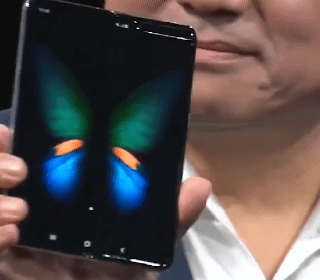Huawei do not have a history of ethical behaviour by western standards especially with its theft and violation of proprietary data. For example, there are documented history of Huawei’s disregard for the intellectual property rights of other companies in the United States. This include the 2010 Motorola case over the misappropriation of proprietary wireless switching technology and in the 2003 Cisco case of stealing proprietary network router technology. This eventuated the US House Intelligence Committee in 2012 to issue a public report that Huawei posed a potential threat to national security. The most recent indictment regarding T-Mobile filed on 16th January 2019 in the US District court of Seattle Washington outlined in detail not only Huawei’s attempt at stealing proprietary information but in its subsequent cover up. Details revealed including Huawei’s official policy of not only actively encouraging its employees to steal confidential information from competitor but reward them for their effort. It is therefore not surprising that an executive of Huawei was caught for spying in Poland. The second indictment against Huawei issued on 24th January 2019 in the US District court of New York further outlines how it structures entity and operate it to bypass US regulations.
More importantly, the opaque relationship between Huawei and Beijing and its willingness or lack of freedom to do anything other than Beijing’s bidding is a serious consideration. This is amplified by China’s National Intelligence Law, passed in 2017 that compels “all organisations and citizens” to help the country’s intelligence work. Article 38 of China’s cyber security law compels a telecommunications firm such as Huawei to do its bidding. Anxiety about Huawei equipment is not theoretical. Beijing for five years, from 2012 to 2017,
using “backdoors” in Huawei equipment installed in the new African Union headquarters, which China donated to the organization. In 2018, the USTR issued a 215 page report which contained about a thousand cases outlining China’s attempt at “forced” technology transfers through various means and China’s official response was simply to brush it off.
Australia as a sovereign nation takes its security concerns seriously and China’s past behavior and recent posture does not suggest it will modify its future behavior. Australia will need to do what it considers necessary to protect itself and its own interest. Just last week, a “state actor’ conducted cyber hacks on both of Australia’s political parties and it is obvious who was the “state actor”.

